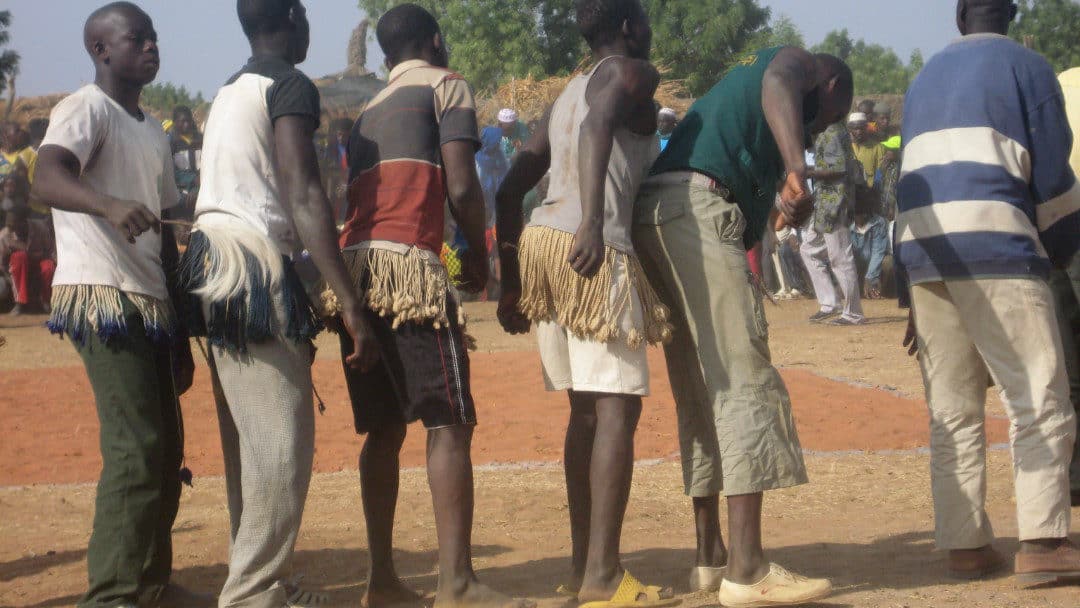Building Democratic Governance
Accountable Public Administrations
Fighting Corruption: Surveyed in 2014, Burkina Faso was ranked among Sub-Saharan Africa’s Best Top Ten in Transparency International’s Corruption Perceptions Index. 85th among 174 countries, Burkina Faso ranked well before India, Peru, China and Argentina (190).
The government intensified anticorruption efforts in 2012, firing the head of the country’s notoriously corrupt customs office in January. But no high-profile arrests were made in 2013 (191). Government procurement opportunities were reduced and no minister other than the finance minister could grant a contract by direct contracting.
Peer review: President Compaoré pioneered the African Peer Review Mechanism (APRM) in West Africa, voluntarily putting Burkina Faso forward for multilateral scrutiny in 2003. The report, published in 2008, indicated that (193) :
” In spite of the scarcity of resources, Burkina Faso made substantial progress in several fields such as education, health and housing “
APRM, 2008
Freedom of Press and Internet
The 2014 Press Freedom Report issued by Reporters without Borders ranked Burkina Faso 52nd out of 180 countries – an extremely good score for an African country. During Compaoré’s last year in power it even surpassed the USA by 3 points (194). In 2014, Burkina counted 62 printed media, of which only one newspaper was state-owned, 1 private television station, and 77 radio stations – of which only 14 were state-owned (195).
Regarding Internet, Compaoré is also on the more liberal side of the issue. His case is simple:
“ The world has moved on and technical progress means that Burkina Faso must move with it ” Blaise Compaoré
During the Compaoré administration, there was no internet censorship (196).
The weekly council of ministers presided by Compaoré welcomed the open data era by starting its e-council in 2013. But Compaoré’s vision to put every government service online in order to serve its citizens much more effectively has never come about, due to his forced departure in October 2014.
Meanwhile, social media increasingly became the hub of criticism against his regime – even disseminating intolerance and hatred (197).
